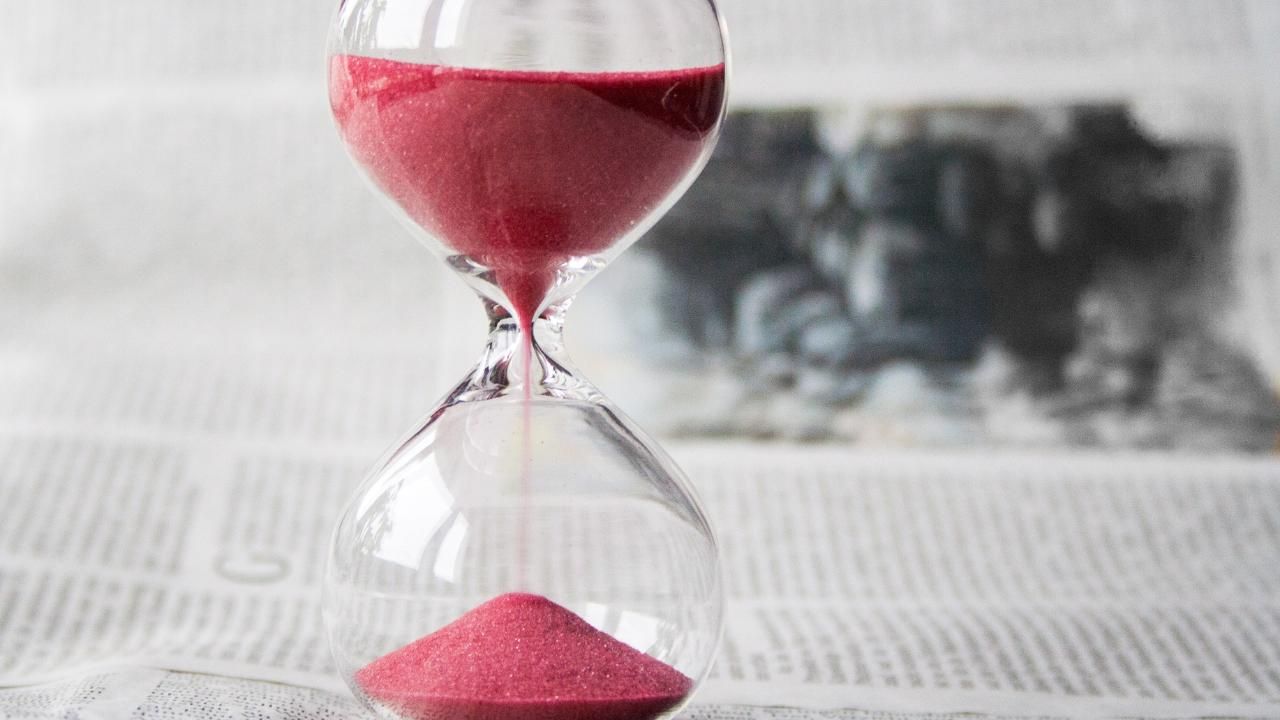10 Steps to Reclaim Your Time and Be Less Busy

We live in a world that embraces and encourages being over-busy, overcommitted, overscheduled, and overwhelmed.
But being busy all the time has a lot of negative consequences, both personally and professionally.
For example, it makes you less effective (which can negatively impact achieving what matters most to you), you have less capacity to work on changes you want to create, it increases mistakes, it can negatively impact decision making, etc. Not to mention the havoc it wreaks on your health, wellbeing, stress levels, and quality of life.
Time is something many people feel short of and want to have more of. But you can’t create more time. We all get the same 24 hours. So, it is important to be more intentional about what you spend your precious time and attention on.
Breaking the cycle can feel hard. But the benefits are worth the effort.
Reclaiming your time and finding ways to be less busy isn’t just about better productivity and effectiveness. It is also about having enough time for what matters most to you, personally and professionally, as well as protecting your health, wellbeing, and quality of life.
Here are some ways to get started.
10 steps to reclaim your time and be less busy:
Step 1 - Start seeing being busy as a choice.
Being constantly busy is a combination of behaviours, habits, mindset, and social conditioning. All those things are within your power to change. When you perceive your situation as something you can change you are more likely to do something about it than if you think it is something outside of your control.
Step 2 – Create clarity about what is really going on with your time.
Awareness is the first step in creating change. Every day for the next week, carry out an audit of exactly what you spend your time on each day (doing it for a month can be even more powerful).
Create a chart listing main categories, e.g., sleep, eating, work, family time, social media, phone, friends/socialising, relationships, surfing the internet, exercise, binge watching tv, hobbies, etc.
Log how much time you spend on each activity every day. At the end of the week/month, total up how much time you are spending on each category. Review the information you have gathered and use it to decide what you want or need to change. What are your first steps to get started?
Step 3 – Identify what you can do less of or eliminate.
By doing this, you will free up valuable time and energy to focus on more important things, reduce busyness, and manage overwhelm.
Step 4 – Set and implement strong boundaries.
Having strong boundaries will help you protect your time and what matters most to you. It will also stop you from spending too much time on activities that contribute little value to your life and work.
Step 5 - Stop over-committing.
Identify where you are over-committing. What commitments would you benefit from letting go of or stepping back from to free up time and energy for what is most important to you right now?
Step 6 - Learn to say “no” more!
What would you benefit from saying “no” to more? (Keep in mind that sometimes it is yourself, not just other people, and other things, that you need to say no to more often).
Step 7 – Embrace pacing as a self-management strategy in your life and work.
Pacing yourself boosts your personal effectiveness and helps reduce feeling busy and overwhelmed. Work out how to pace yourself better in your life and work.
Step 8 – Stop being immediately contactable and available to everyone 24/7.
Constant interruptions and distractions to your day and schedule play havoc with your time, effectiveness, and productivity. Plus, they increase feelings of busyness and overwhelm. Switch notifications off!
Step 9 - Build in contingency time.
Things often take longer than we think they will or don’t go according to plan. Build in contingency time to allow for that.
Step 10 - Schedule downtime, rests, and breaks.
It might feel counter-intuitive when you feel constantly busy, but research shows that doing that will improve your effectiveness and productivity. Sometimes the best way forward is to take a step back!
Next steps:
Take everything that comes up for you as you work through these steps and form it into a plan. Break your plan down into small steps. Get started!
The bottom line:
As I mentioned earlier, your level of busyness is driven by your behaviours, habits, mindset, and social conditioning. Focus on changing those and you will be on the path to reclaiming your time and being less busy.
